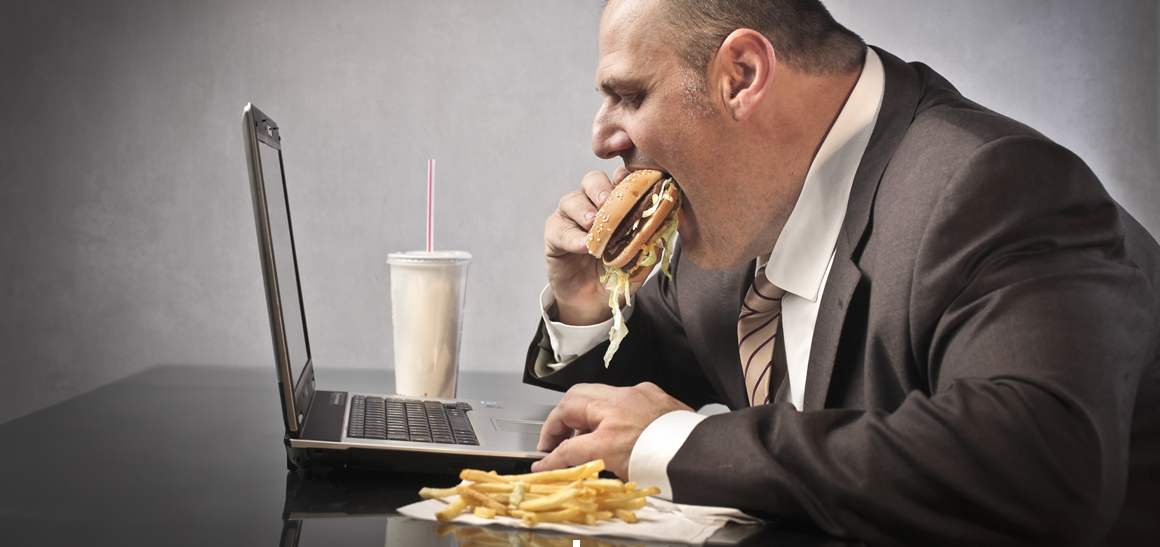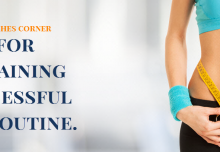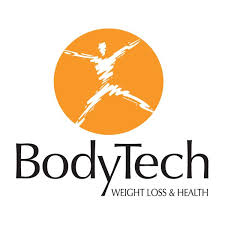Food Mood Link: Emotional Eating
GUEST BLOG: By Michelle K. Berman, Nutritionist/Dietitian, MS, RD, LD
If you have ever heard the phrase, “just have some willpower and you will lose weight”, then obviously the person with those famous last words was not an emotional eater. Emotional eating is not about food, physiological hunger, cravings, nor is it about a lack of willpower, weakness or ignorance. When one eats for emotional reasons, it is not the food that is needed, but rather something else that is being yearned for that is not being met.
In her book, “Eating in the Light of the Moon: How Women Can Transform Their Relationship with Food Through Myths, Metaphors, and Storytelling”, Anita Johnson writes, “someone who is addicted to eating is actually starving on an emotional and spiritual level. Her longing for food is a longing for emotional and spiritual nourishment. This is what she is really in pursuit of when she sets out for the grocery store. No matter how much ice cream she devours, she cannot fulfill this longing because she is filling her stomach, not her heart, nor her spirit.”
The diet industry does not address one of the major issues concerning the emotional eater; being that there is no diet that can fix or cure an emotional eater if the cause of the over-eating is not food related in the first place. In truth, almost any diet works if it is followed. If I told my clients to eat 500 calories per day of chocolate, 500 calories of cheese and 400 calories of anything else they wanted, chances are they would lose weight on 1,400 calories per day.
As a nutritionist, of course, I wouldn’t do this, however, the point I’m making is that any diet within a normal caloric value will help someone lose weight if they follow the plan. This, however, does not address the fact that our society is getting fatter, childhood obesity and obesity-related diseases are at an all-time high, and the diet industry is a multi-billion dollar industry.
If we want to help the emotional eater overcome overeating, then we need to address the disease of the individual on an emotional, spiritual, and physical level. To be at ease with oneself is to thrive and be well by eating healthy, engaging in physical activity, and participating in activities which enrich and inspire, promote self-worth and purpose and improve self-esteem. It is then that the emotional eater can learn to cry when sad, laugh when happy, express anger in a healthy way when angry, and yes, learn to eat when physically hungry.
About Michelle K. Berman, Nutritionist/Dietitian, MS, RD, LD – As a practicing clinical nutritionist for over 23 years, Michelle K. Berman has made it her mission to help children, adults and families improve their eating habits and relationship with food. She teaches clients about foods that enhance rather than depletes health and well-being. She offers comprehensive nutritional counseling services to clients located in the greater DC metro area and has offices in Vienna, Virginia. To learn more about Michelle K. Berman visit www.eatandbwell.com.
Learn how to gain control over destructive and unhealthy eating behaviors. Attend a FREE BodyTech Ideal Protein introductory seminar, sign up now.





